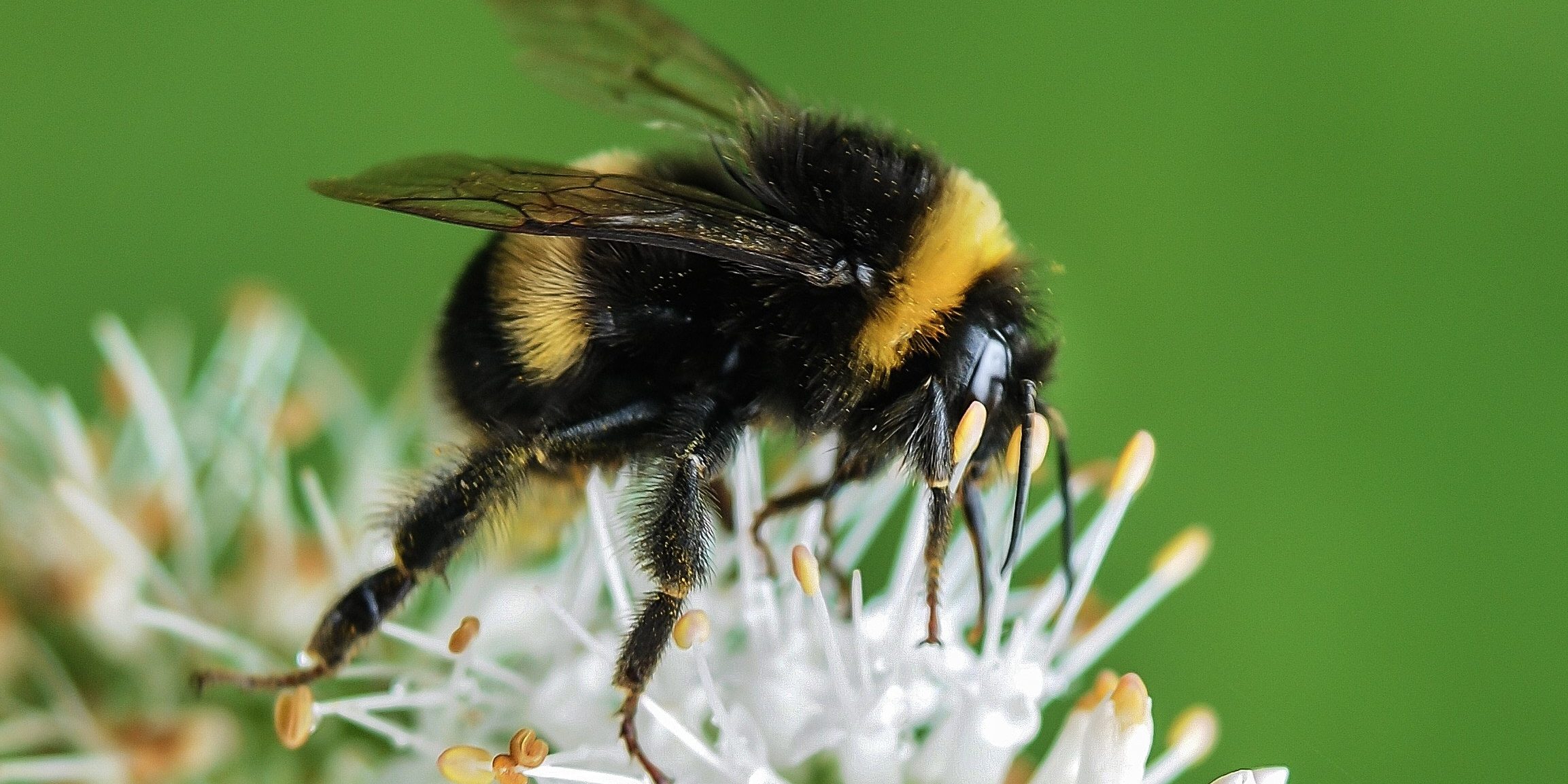
Pesticides damage the growth of learning ability in bees
Recommended for Bees
Pesticides are often used on plants to control insects, weeds etc. But pesticides also have harmful effects on the soil and other vegetation.
Recently, a study showed how pesticides are harming brain growth in baby bumblebees.
- Researchers at the Imperial College London conducted a study on baby bumblebees.
- They sprayed the nectar with a pesticide called neonicotinoids.
- Some baby bees or larvae consumed the pesticide-spiked nectar. Others fed on the nectar without any pesticides.
- Once the babies grew as adults they were tested first after 3 days and then after 12 days.
The results
- The bees who were fed the nectar with the pesticide while they were young showed impaired or damaged learning ability. This means their ability to learn was much less than the bees who did not feed on the pesticide nectar.
- Researchers also used micro-CT scan technology to scan or see parts of the bumblebees’ brain.
- They found that those exposed to the pesticide had a smaller volume of a part of the insect brain called ‘mushroom body.’ The mushroom body in an insect’s brain is related to the learning ability.
- The results were the same after both 3 days and 12 days.
- This meant that baby bees, once affected by the pesticides, did not become better even when they stopped consuming pesticide-infected nectar as adults.
Similar Stories
- Bees in Apple Orchards: Global Diversity!
- Bee-lieve It or Not: Honeybees Have a Secret Dance!
- Honeybees can learn differences between odd and even numbers
- Study says pesticides reduce wild bees reproduction by 89%
- Global map of bees created for the first time-ever to save them
- Farmers plant wildflowers on their farm to feed a million bumblebees
- New study shows bees can learn numbers higher than four
- New research says honey bees remember good and bad memories
Curious Times is a leading newspaper and website for kids. We publish daily global news aligned to your learning levels (also as per NEP 2020): Foundational, Preparatory (Primary), Middle and Senior. So, check out the News tab for this. We bring kids’ favourite Curious Times Weekly newspaper every weekend with top news, feature stories and kids’ contributions. Also, check out daily JokesPoke, Tongue Twisters, Word of the Day and Quote of the Day, kids need it all the time.
Curious Times News Program for Schools for FREE. Over 5,000 schools and teachers from all over the world have joined our programme so that students and teachers can get FREE Educative Newspaper. Here, kids can take part in world events and win prizes and certificates for free through their schools.
Moreover, schools are sharing important School News, like interviews with the principal, notices about new students, contests, and results, not just on social media but also on a news website for kids and other schools.
Thus, do not wait any further, sign-up for your school for FREE.
The following social media platforms allow you to communicate with us: WhatsApp, Instagram, Facebook, Youtube, Twitter, and LinkedIn.
0 (Please login to give a Curious Clap to your friend.)
